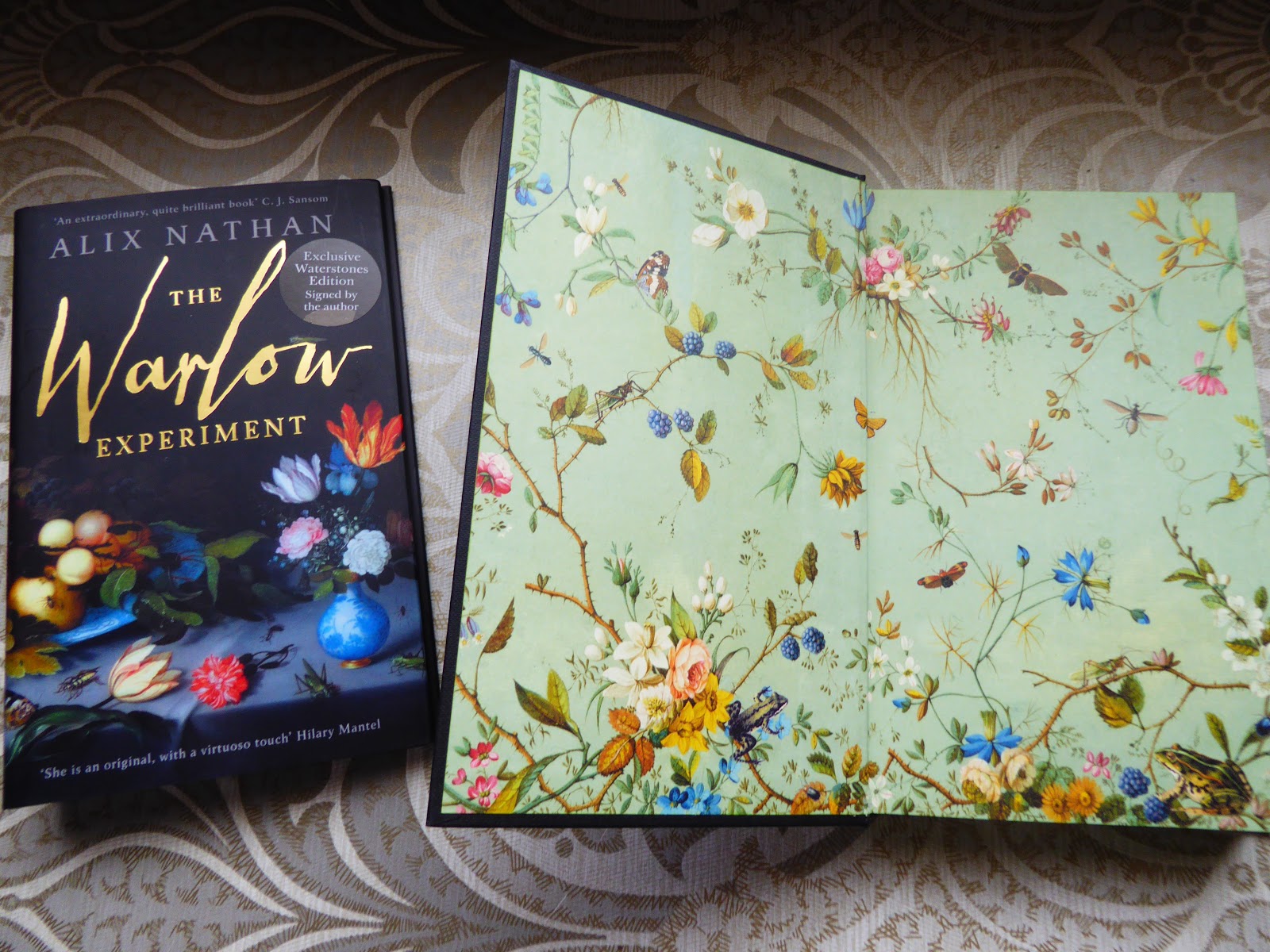 |
| The Durrells Third Series |
While I cannot watch live sport or live theatre, I have had to find other ways to entertain myself. As well as listening to a lot of podcasts and reading a lot of books, I have also been watching a lot of TV series. I've been finding it hard to concentrate of late so my usual art-house films and documentaries are on hold, and I don't really like reality TV. I haven't got Netflix or Stan so these are all on free-to-air services.
 |
| Harlots Second Series |
5 COVID-Friendly TV Series:
- The Durrells (BBC First) - practically the definition of comfort TV; the adventures of a dysfunctional but charming family led by the matriarch played by Keeley Hawes, and set on the idyllic island of Corfu just before the outbreak of WWII
- Friday Night Dinner (ABC iview) - brothers Adam and Jonny Goodman, siblings in an eccentric Jewish family, return home each week for a free meal and to deal with their wonderful parents (Tamsin Greig; Paul Ritter) and their weird neighbour (Mark Heap) - there are six series of this spanning nine years, and I've only just found it!
- Harlots (SBS On Demand) - strong roles for women (excellent portrayals from Samantha Morton and Lesley Manville, although the less said about Liv Tyler; the better) as the feuding brothel keepers spit insults at each other in an almost obscenely enjoyable period drama
- No Offence (ABC iview) - UK police drama set in Manchester, and in which the three main leads are women with all the ballsy dialogue and attitude you would expect from creator Paul Abbott - also, coincidentally, starring Paul Ritter
- Stateless (ABC iview) - excellent Aussie drama with great acting (including Cate Blanchett, Yvonne Strahovski, Asher Keddie and Marta Dusseldorp) and directing but, set around the world of detention camps and illegal immigration, it can be a bit hard to watch in places

